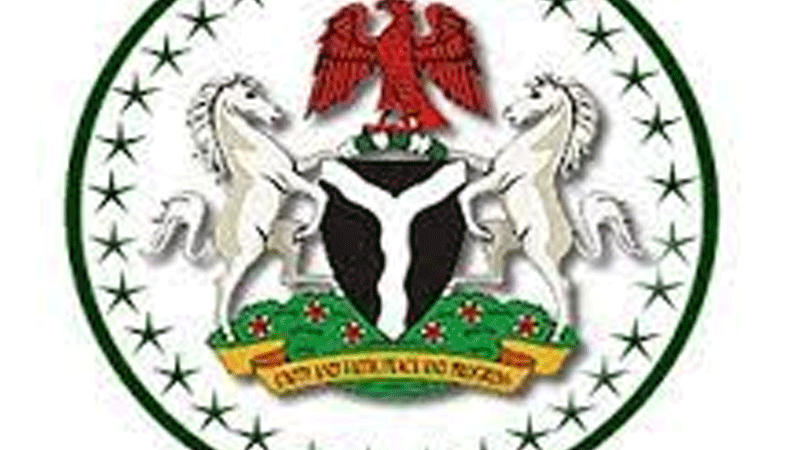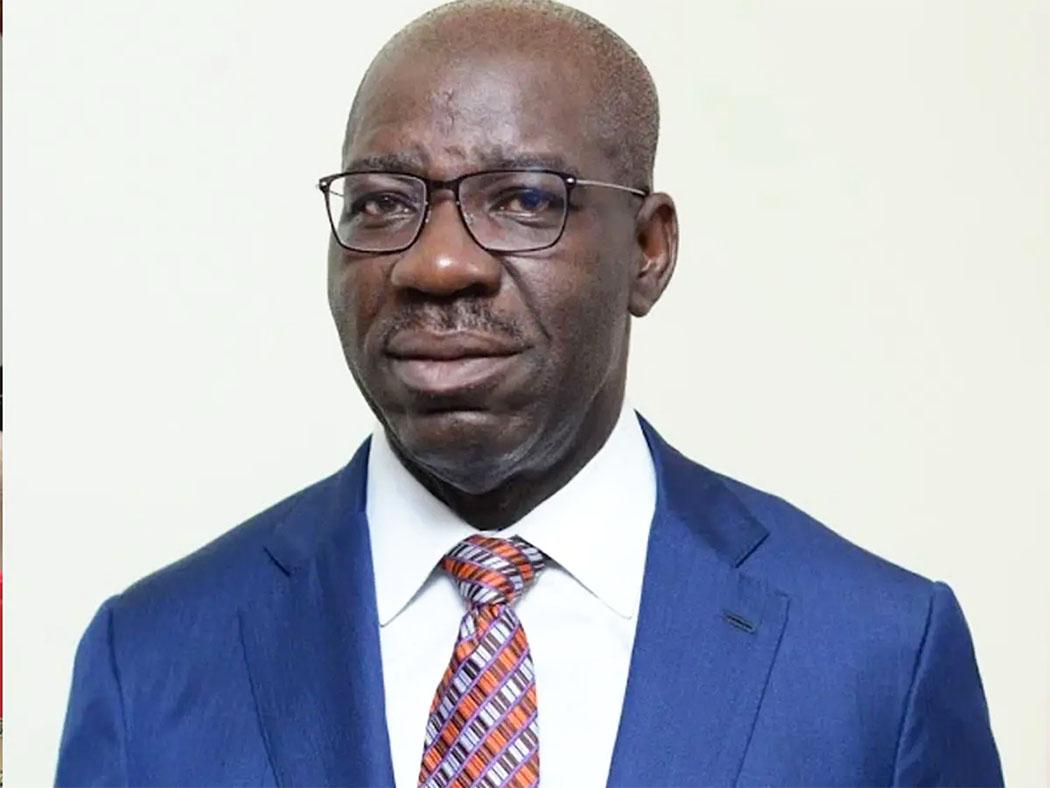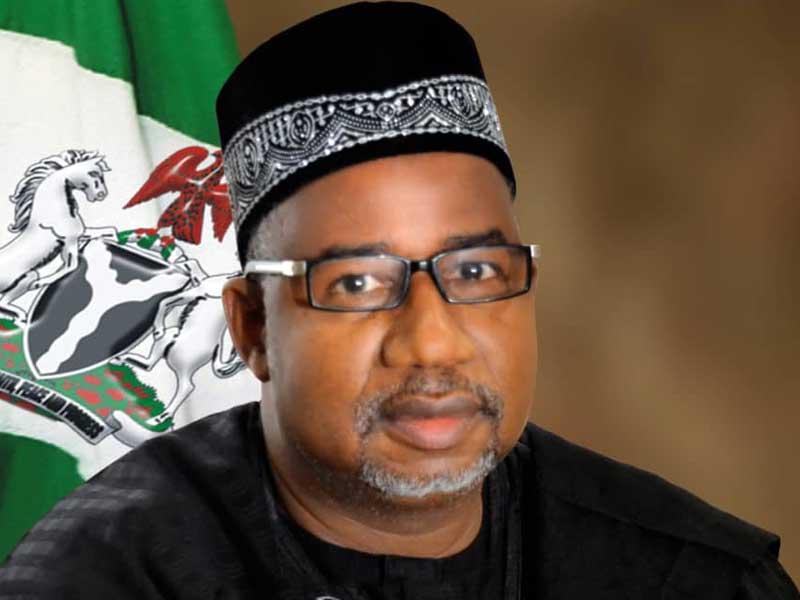By Kingsley Nwezeh in Abuja
Federal government yesterday expressed its determination to work with state governments with a view to committing more funds to the health sector in order to provide quality healthcare services aimed at achieving universal health coverage.
The Minister of Health, Prof. Isaac Adewole, spoke in Abuja while delivering the inaugural lecture to the participanåts of Senior Executive Course No. 41 (2019), National Institute of Policy and Strategic Studies (NIPPS) Kuru, Jos, Plateau State.
The minister said that the greatest challenge of the Nigerian health system was out of pocket expenditure which government was exploring other sources of revenue to address.
“For us to accelerate progress on Universal Health Coverage (UHC) federal and state governments would need to invest more significantly in health because of limited government and pooled health financing, health spending was dominated by out-of-pocket expenditure.
“As a result, this spending accounts for about 75 per cent of total health expenditure, among the highest in the world and 25 per cent of households spend more than 10 per cent of their household consumption on health a sign that more people were prone to poverty traps if they fall ill,” he said.
Speaking on National Health Insurance Scheme (NHIS) as an avenue for healthcare service at minimal cost, the minister said the NHIS coverage was åpredominantly limited to workers in the formal sector.
He said it was not optimally designed to provide adequate financial risk protection to the poorest and sickest households.
The minister further explained that another source of concern in health expenditure was that most health spending was at the federal level even though state and local governments were in charge of Primary Health Care (PHC) services.
“According to the latest national health statistics, 67%, 26%, and 7% of government health spending took place at the federal, state, and local levels respectively in 2016, as a result, PHCs frequently lack basic amenities, equipment, and drugs which severely undermining service delivery and efforts to improve health outcomes”.
While speaking on the Federal Government efforts to resuscitate the Nigeria health care system, the minister said government had approved 1% consolidated revenue which amounted to N55 billion in 2018 to support the health care system.
Adewole said that the programme tagged: “Basic Health Care Provision Fund (BHCPF)” would tackle some of the challenges of the existing health financing arrangements providing mainly for two gateways demand and supply side financing to meet the expected demand for a basic minimum package of health service.
Adewole said through National Health Insurance Scheme, (MHIS) 50% of the fund would be used to scale up access to a minimum package of health services meant to cover 70% of the current burden of diseases through accredited public and private providers, 5% of the fund would be used to address public health emergencies
“Through the National Primary Healthcare Development Agency (NPHCDA) 45% of funds would be transferred electronically to accounts of selected primary health care facilities to improve general supply side readiness to maintain facilities, provide essential drugs, deploy human resources for community outreach and health promotion activities and provide training,” Adewole said.
The program would focus on the rural population where the majority of poor Nigerians live, and ensure funds reach front line primary health care facilities, the scheme aimed to provide greater financial protection to the poorest and sickest households
Page 55




